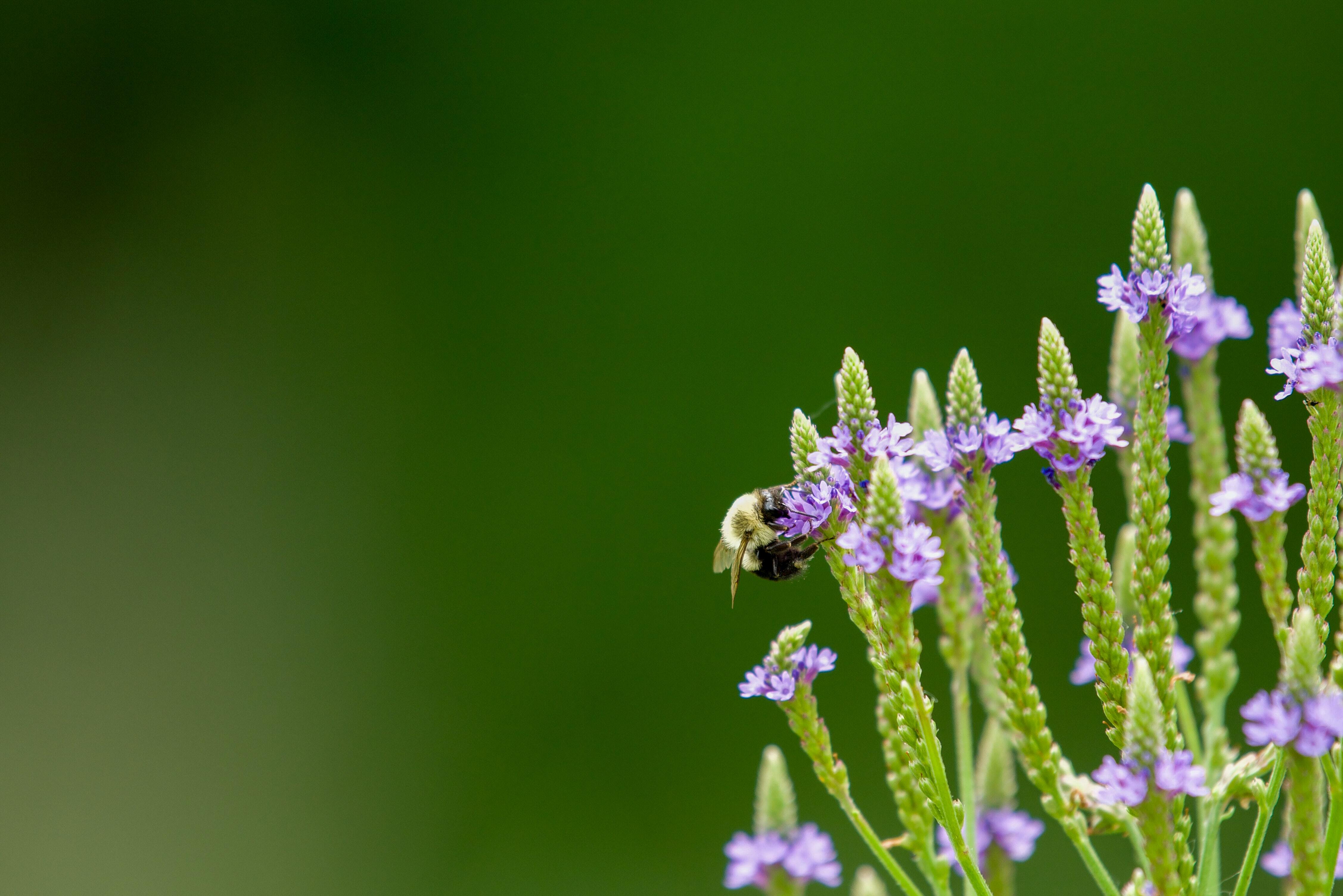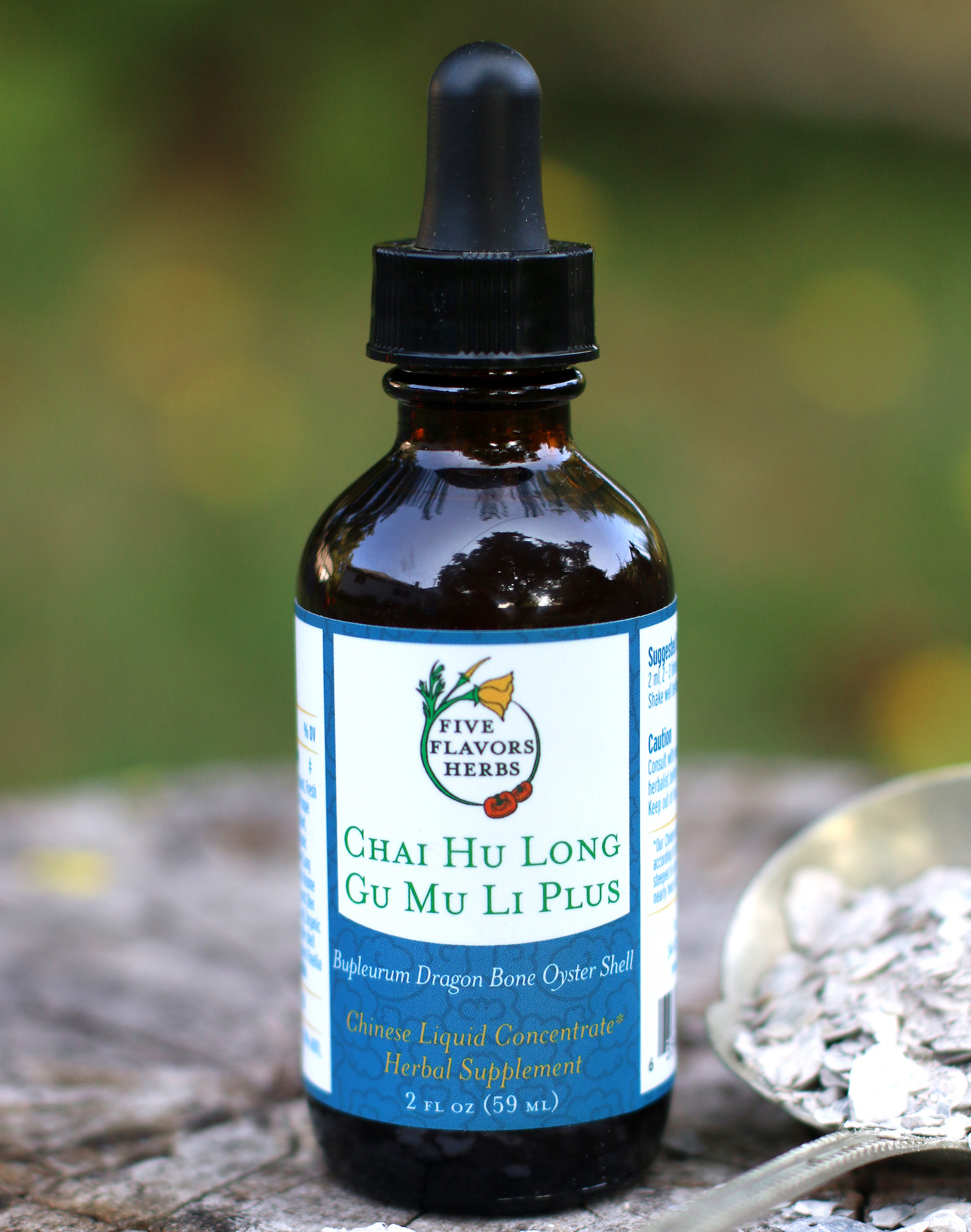Exploring Cross-Cultural Herbal Approaches to Mental Health
Mental health is a deeply layered and multifaceted aspect of human well-being, and herbs for emotional wellness offer a rich tapestry of tools to support this area. By examining both Western and Eastern traditions, particularly Traditional Chinese herbs, we can uncover complementary approaches to help soothe the spirit, restore balance, and address the complexities of emotional and neurological health.
Key Takeaways:
- Both Western and Eastern (particularly Chinese) herbal traditions offer valuable tools for mental health support.
- Traditional Chinese herbs are categorized to address specific patterns of imbalance related to mental and emotional well-being.
- Western herbalism features herbs like Skullcap herb and Vervain, which show fascinating parallels in action to TCM principles (e.g., clearing heat, calming the spirit).
- Many herbs for supporting emotional well-being from both traditions are accessible, gentle, and easy to use.
- Cross-cultural herbalism expands therapeutic options and offers holistic, patient-centered care for emotional wellness.
The Wisdom of Traditional Chinese Medicine Herbs for Mental Balance
From the perspective of Traditional Chinese Medicine herbs, various categories of herbs are specifically associated with mental health. These include spirit-quieting herbs, liver-yang subduing herbs, orifice-opening herbs, heat-clearing herbs, blood-quickening herbs and more. Each category seeks to address specific patterns of imbalance, such as qi stagnation, heat in the heart or liver, and wind agitation. Cross-referencing these with Western herbalism traditions uncovers fascinating parallels and opportunities for pairing herbs to enhance therapeutic potential.
Classical formulas in these categories include:
- Chai Hu Jia Long Gu Mu Li Tang (Dragon Bone & Oyster Shell Combination)
- Unblocks all three yang levels, sedates and calms the spirit using chai hu (Bupleurum), long gu (Dragon Bone) and Mu Li (Oyster Shell).* We have modified the TCM formula with California Poppy, Milky Oats, Western Pasque Flower, and Skullcap.
- Gui Pi Tang (Restore the Spleen Decoction)
- Augments the qi, tonifies the Blood, strengthens the Spleen, and nourishes the Heart.*
- Suan Zao Ren Tang (Sour Jujube Formula)
- Nourishes the Blood, calms the Spirit, and clears heat. We have added rapid-acting Western herbs including Passionflower, Linden, and California Poppy to support a relaxed nervous system and alleviate occasional sleeplessness.
- Tian Wang Bu Xing Dan (Heavenly Emperor's Special Formula to Tonify the Heart)
- Enriches the yin, nourishes the blood, clears heat, and calms the spirit.*
Western Herbalism: Parallels and Synergies, Featuring Skullcap and Vervain
Skullcap (Scutellaria lateriflora) a Western herb in the mint family, is known for its heart-calming and spirit-soothing effects. It clears heat from the heart and liver and addresses qi stagnation, which resembles some of the principles seen in Chinese herbal approaches. Similarly, Vervain (Verbena spp), another Western herb that is bitter, acrid, and slightly cold, courses the liver, disperses stagnation, and scatters heat, closely aligning with the goals of dispersing stagnation and clearing heat in Chinese traditions.

Accessibility and Practical Application of Herbal Remedies
This interplay between cultures becomes even more meaningful when considering accessibility. Many of the Western herbs discussed, such as Skullcap and Vervain, are widely available in health food stores and as bulk dried herbs, and are easy to grow in a home garden. They are easy to prepare—commonly infused into teas or taken as a tincture or capsule—and have few side effects or safety concerns.
Integrative Psychiatry and Neurology: The Role of Combined Herbal Traditions
Another noteworthy aspect of blending these traditions is their potential role in integrative psychiatry and neurology. For individuals living with chronic conditions, including epilepsy, motor and verbal tics, or psychiatric disorders, a thoughtful combination of herbs for emotional wellness and medications can amplify the therapeutic outcomes. These herbs, while not cures, can restore nervous system tone, reduce distress, and create a sense of calm and ease, supporting both the body and mind. Working with conventional and integrative healthcare practitioners in a team-based setting can optimize safety, minimize negative herb-drug interactions, and amplify the combined benefits of integrative care.
Expanding Therapeutic Horizons: A Cross-Cultural Approach to Mental Wellness
This cross-referencing approach not only expands therapeutic options but also builds bridges across traditions. It reminds us that mental health support doesn’t have to adhere to a singular path. Instead, it can draw from diverse healing traditions to meet patients where they are, offering accessible, practical, and deeply resonant care for the mind and spirit, often utilizing herbs in an integrative treatment plan for mental wellbeing.
*These statements have not been evaluated by the Food and Drug Administration. This product is not intended to diagnose, treat, cure or prevent any disease.
You may also enjoy:
Traditional Chinese Medicine for Supporting Mental Health


